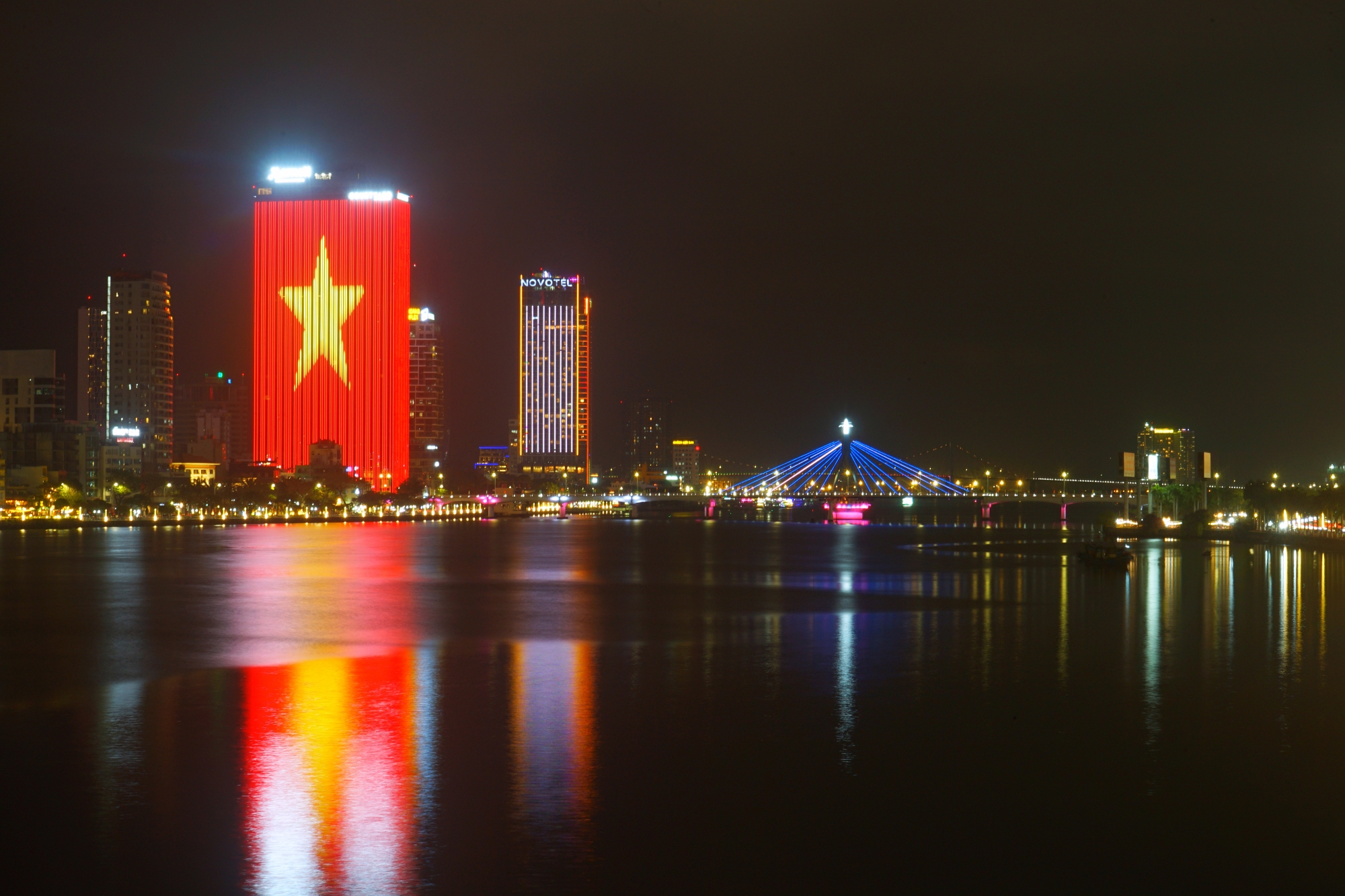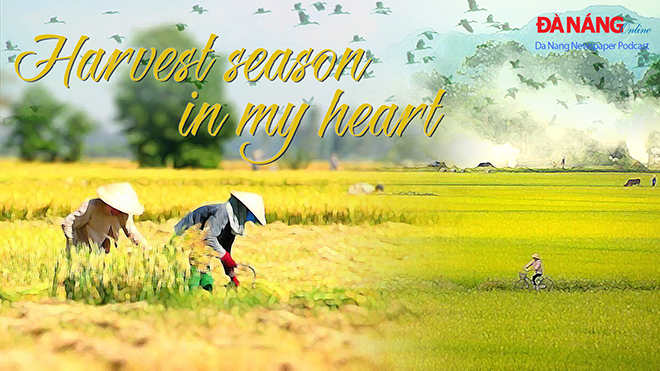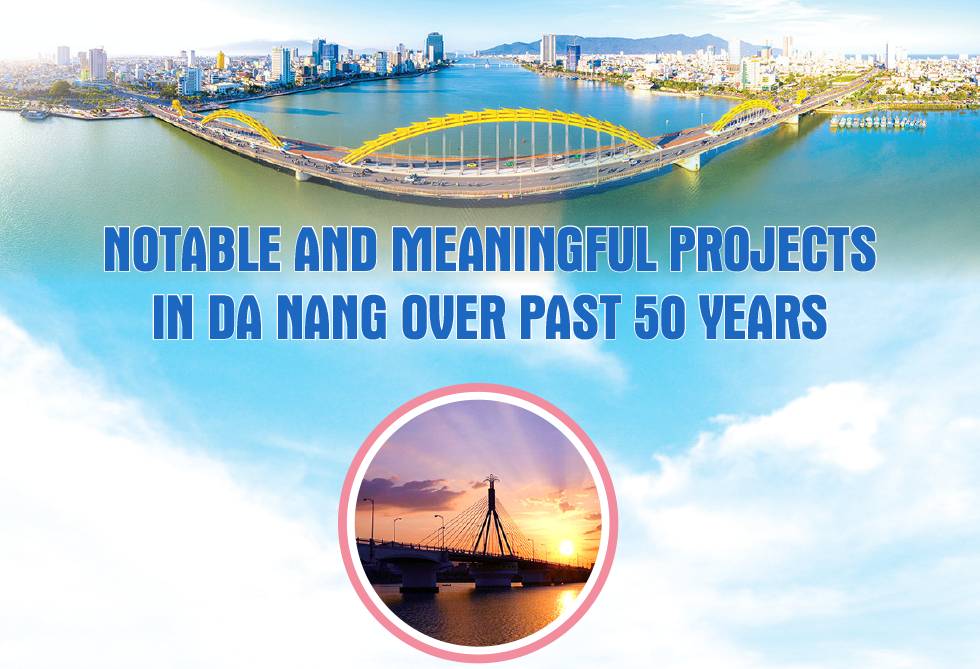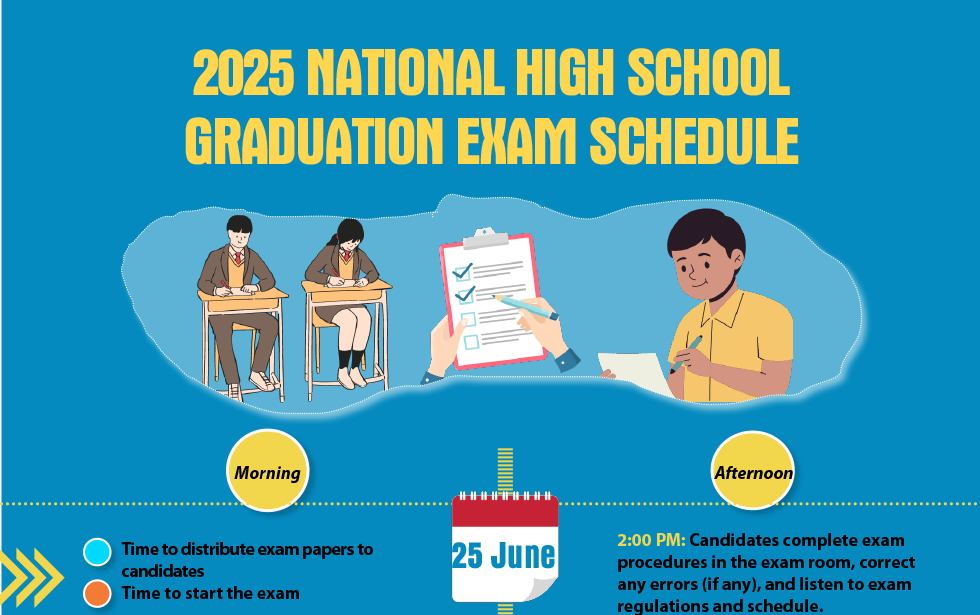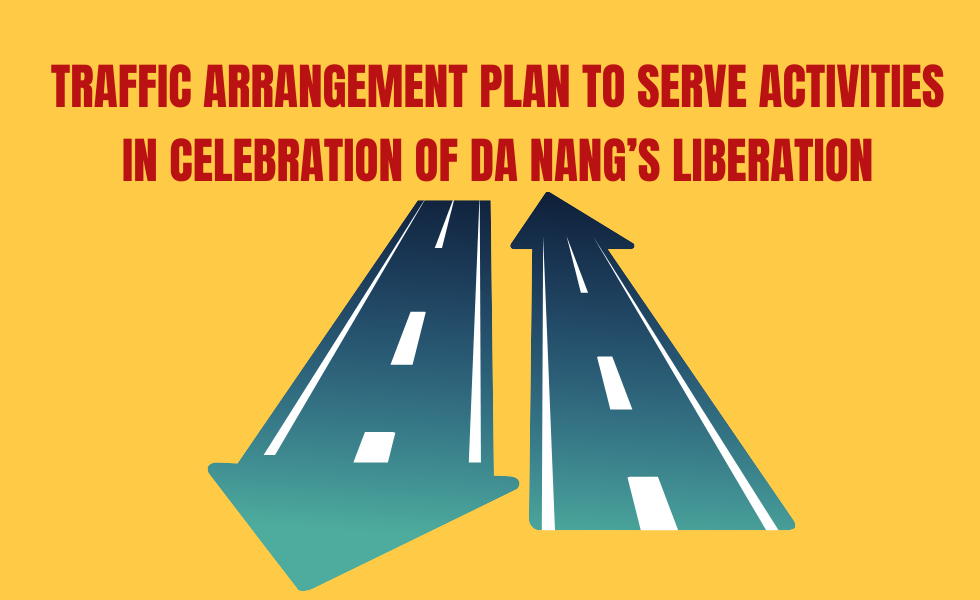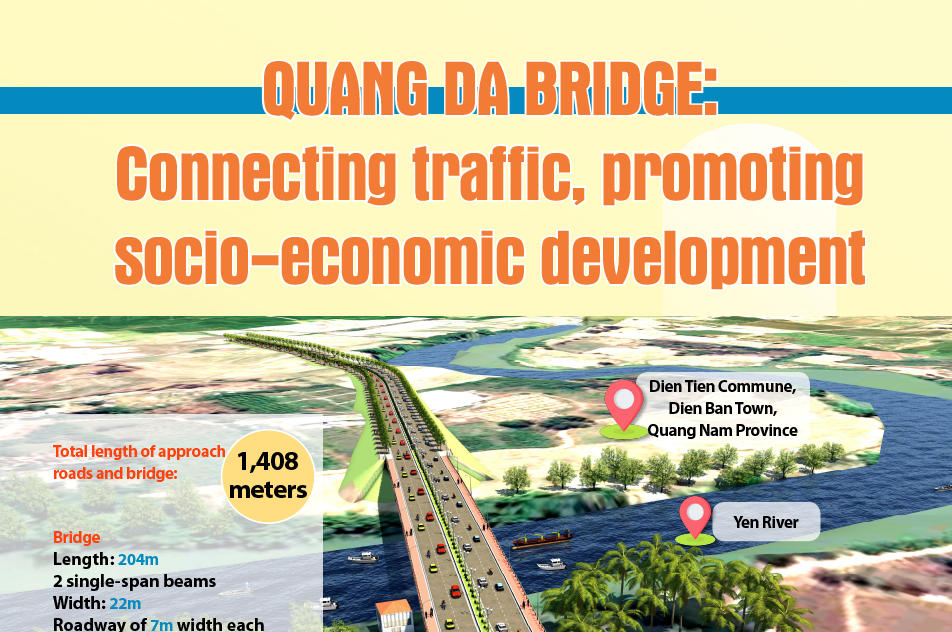Markets and supermarkets promote reduction of plastic waste
It is expected that from 2025, Da Nang will charge single-use plastic bags at supermarkets and shopping malls in an effort to change consumer behaviour. In parallel with that, in order to limit the large amount of plastic waste from markets, relevant units and organisations also promote environmental protection.
 |
| People use reusable bags when shopping at GO!supermarket in Da Nang.(Photo:https://baotainguyenmoitruong.vn/) |
Currently, in any trading area, plastic bags and disposable plastic cups are used to contain food, drinks, household goods, raw and cooked foods. The use of plastic bags and cups comes from their convenience because they are light, not bulky, easy to carry, and do not need to be washed like other types of bags and containers.
In addition, bags containing goods made from common materials such as paper are not durable, sturdy, and have a higher price, which is also an obstacle facing both sellers and buyers. Although the city has launched many highly practical publicity activities limiting the public use of single-use plastic bags at markets and urban areas, but for many reasons, people’s habits are still unchanged. So as to reduce the large amount of plastic waste released into the environment, the city has implemented models and good practices such as applying ‘Markets to reduce single-use plastic waste’ at the Han Market, one of the largest markets in the city.
This is a market that annually emits about 1,000 kg/day of solid waste. Of this, plastic waste accounts for 15.1%, of which 66.4% is plastic (according to a survey by the World Wide Fund for Nature in Viet Nam (WWF-Viet Nam) Therefore, changing the habit of using plastic bags in buying and selling activities at the market is very necessary to protect the environment for the tourist city. Since 2022, the Da Nang Department of Industry and Trade, in coordination with WWF Viet Nam, has chosen the Han Market as a pilot market for the implementation of the model of ‘Market to reduce single-use plastic waste’
Up to now, at the Han Market, there are 52 stalls with ‘Eco-labels’ issued by the municipal Department of Industry and Trade. Ms. Le Thi Trang, a trader selling the dried food and spices said: “My stall with ‘Eco-labels’ uses quite beautiful paper bags (partially supported by WWF-Viet Nam) to replace plastic ones to contain goods for sale to my customers. I also use baskets made of natural materials such as rattan and bamboo instead of plastic and they have been highly appreciated by shoppers. Also, I usually explain more to local customers, domestic and foreign tourists, and receive support from them”.
Research at some other markets such as the Con, Dong Da and Hoa Khanh markets, although the authorities have not yet implemented eco-labeling, many businesses have proactively used environmentally friendly packaging such as paper and cloth bags printed with the name of the stall to contain goods while bamboo baskets are used to hold fruits.
To contribute to changing people's awareness and positive habits about environmental protection, in the long term, markets, supermarkets, and stores need to voluntarily implement a model of optimal and economical use of products. According to the process of building Da Nang into an environmentally-friendly city, the goal is to strive for 100% of supermarkets to use environmentally-friendly packaging to replace single-use plastic bags that are difficult to decompose by 2030.
Some large retailers such as MN Mega Market, Co.opmart, Lottemart and GO! Da Nang have been implementing a plan to not give out single-use plastic bags at the packing and payment counters. If customers do not bring their own big-sized bags to carry their goods, they can buy reusable ones at a discount. This also brings the supermarket a source of income, although small, from selling bags, but clearly brings significant environmental benefits.
Ms. Vo Thi Thu Thuy, the Director of Go! Da Nang supermarket, said that with the goal of sustainable business, in addition to implementing the group's ‘Reducing plastic waste’ campaigns, the supermarket also actively coordinates with the da Nang Women's Union to implement the programme ‘Say no to plastic bags’ every Wednesday during which customers going to the supermarket are given environmentally-friendly bags such as lohas and paper bags. The cashier team also actively encourages customers to use environmentally friendly paper bags when shopping.
In the coming time, in the 2024 - 2025 plan, the Da Nang Department of Industry and Trade will continue to coordinate to implement the pilot model ‘Market to reduce plastic waste’ at Han market. WWF Viet Nam will increase the production of communication products such as posters, radio broadcasts and gifts. associations, unions, districts, and wards across the city will actively launch campaigns to distribute cloth bags and biodegradable plastic bags to local residents, as well as encourage small traders and customers to limit the use of plastic bags when going to the market; use environmentally friendly products in daily life. Through these activities, people's awareness and responsibility for environmental protection will be raised considerably.
Reporting by MINH ANH - Translating by A.THU


